Benefits and Challenges of Modernizing Medicaid Enterprise Systems
- Aug 7, 2024
- 3 min read

Medicaid Enterprise Systems (MES) are critical for the administration and management of Medicaid programs, ensuring that millions of low-income individuals receive the healthcare services they need. Over 90 million Americans were estimated to be enrolled in Medicaid as of 2022, so ensuring effective and efficient delivery of healthcare is of utmost importance for both providers and patients.
Many Medicaid agencies are continuing to work on modular modernization of MES. This approach allows for upgrades to be broken down into smaller sections, or modules, instead of upgrading a larger scale system all at once. As technology evolves, modernizing these systems offers numerous benefits, though it is not without its challenges.
Benefits of Modernizing MES
As with any legacy system in healthcare, Medicaid systems eventually become outdated and require more updated versions to provide the best care and resources to patients. While they might still function well enough overall, they will have limited functionality and scalability compared to newer systems. In addition, it can sometimes be impossible to integrate these older systems with newer technologies, and there are also more security issues with legacy systems. Let’s look at some benefits of modernizing MES:
Improved efficiency and accuracy
Modern MES can automate routine tasks such as claims processing, eligibility verification, and reporting, reducing manual errors and speeding up operations. It reduces much of the paperwork and manual tasks for providers which allows them to focus more on the patient and deliver the best care possible.
Upgraded security features
Modernizing Medicaid Enterprise Systems allows for more up-to-date technology integration, and with that comes more robust security measures. It is important to prioritize data security to protect sensitive patient information.
Enhanced data analytics
Advanced analytics that come with modern systems can help identify trends, predict healthcare needs, and allocate resources more effectively. It is much easier to analyze large amounts of data and result in better patient outcomes.
Interoperability
Modernized systems can integrate data from multiple sources, providing a comprehensive view of patient records, provider information, and financial transactions. This improves coordination among different healthcare providers and departments to foster a patient-centric approach to care.
Challenges of Modernizing MES
MES modernization does not come without a few challenges, as with upgrading any legacy healthcare system. There are many complex changes made to existing processes and infrastructure, with many stakeholders involved including thousands of patients. Here are some of the challenges of modernizing Medicaid systems:
High costs
The cost of developing, implementing, and transitioning to a new system can be substantial, requiring significant financial resources. In addition, modern systems require continuous updates and maintenance done by IT professionals, which can add to the long-term costs.
Disrupted services
Shifting from an old system to a new one can be complex and time-consuming, potentially disrupting services. MES operations are very time-sensitive, so there is risk in having to go through system downtime.
Data migration issues
Healthcare systems contain large amounts of patient data that has to be migrated between systems during modernization upgrades. Ensuring the accurate transfer of data from old systems to new ones is critical and challenging, with risks of data loss or corruption.
Security concerns
Modern systems, while more secure, are also targets for cyberattacks. It is important to have modern systems undergo regulatory maintenance to ensure that the newest security measures are in place. It is critical to maintain compliance with data privacy laws such as the HIPAA (Health Insurance Portability and Accountability Act).
Modernizing Medicaid Enterprise Systems is a crucial step towards enhancing the efficiency, accuracy, and overall effectiveness of Medicaid programs. There are many great benefits of modern systems, but it is also important to acknowledge potential challenges in the process. Overall, the transition to modern MES can help improve the healthcare services provided to millions of Americans.
Sedna Consulting Group will be attending the Medicaid Enterprise Systems Community (MESC) conference on August 12-15 in Louisville, Kentucky. There we will gather with others to exchange ideas and information related to Medicaid systems and health policies affected by those systems. Visit our LinkedIn to stay up to date on our latest insights and to let us know if you will be attending.
Sources:

